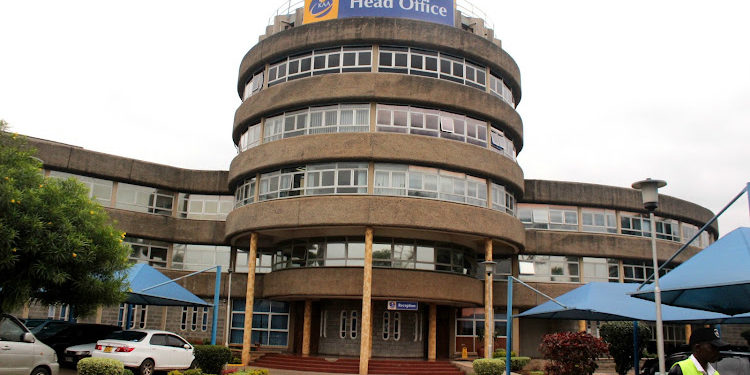Kenya’s Auditor-General has uncovered significant financial irregularities at the Kenya Airports Authority (KAA), including failure to collect revenues from active airstrips and questionable legal payments, raising concerns about the agency’s financial management.
In a report, Auditor-General Nancy Gathungu revealed that the KAA failed to collect any aeronautical or non-aeronautical revenue from Nanyuki and Nyaribo airstrips, despite both facilities being operational for domestic flights. The report also found that private businesses were operating within Nanyuki Airstrip without formal lease agreements or paying rent.
“There was no satisfactory explanation why Kenya Airports Authority did not collect any revenue from the airstrips,” Ms. Gathungu stated in her report. The auditor estimates that the KAA lost approximately KES 14.7 million in landing fees, parking charges, and passenger service fees from these two airstrips alone.
Further compounding the agency’s financial woes, the audit uncovered KES 12,349,674 in legal fees paid without proper documentation. “The Authority did not provide relevant documents to show how the legal services were procured, the scope of work per firm, and the terms and conditions of engagement,” the report noted.
These revelations come as part of a broader pattern of financial mismanagement and potential corruption within the KAA. The audit report highlighted several other areas of concern, including the understatement of rental income.
A spot check at Jomo Kenyatta International Airport revealed that a company was occupying a larger area than estimated, resulting in unbilled amounts. In another instance, land was leased at a rate 70% lower than initially offered, without proper justification. The audit also found discrepancies in cargo concession revenue reporting and facilitation firms operating without proper contracts.
Additionally, manual systems were still in use at some airports, making it impossible to ascertain the completeness and accuracy of revenue collected. At JKIA, there were unexplained variances between the electronic system and the concessionaire’s reports.
The audit identified KES 13 billion in trade receivables outstanding for more than 270 days, with Kenya Airways alone owing KES 5.9 billion. Several construction and rehabilitation projects across various airports were found to be significantly delayed or stalled, potentially resulting in cost escalations and compromised service delivery.
The Auditor-General’s findings paint a picture of an agency struggling with basic financial controls and project management. “In my opinion, because of the significance of the matters described… the financial statements do not present fairly, in all material respects, the financial position of the Kenya Airports Authority,” Ms. Gathungu concluded.
These revelations are likely to raise serious questions about the KAA’s ability to manage Kenya’s critical aviation infrastructure effectively. The agency oversees operations at major international gateways such as Jomo Kenyatta International Airport in Nairobi and Moi International Airport in Mombasa, as well as numerous domestic airports and airstrips.












